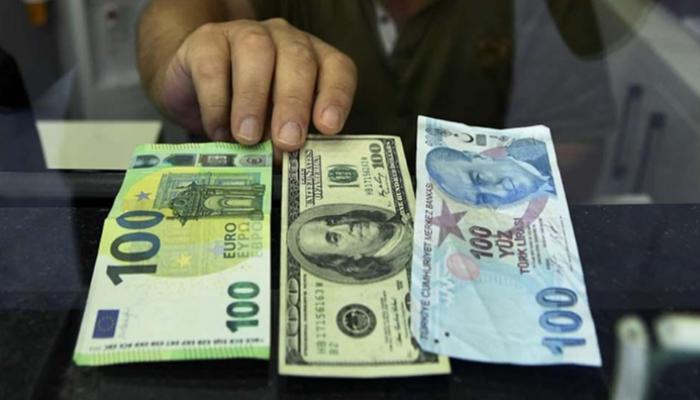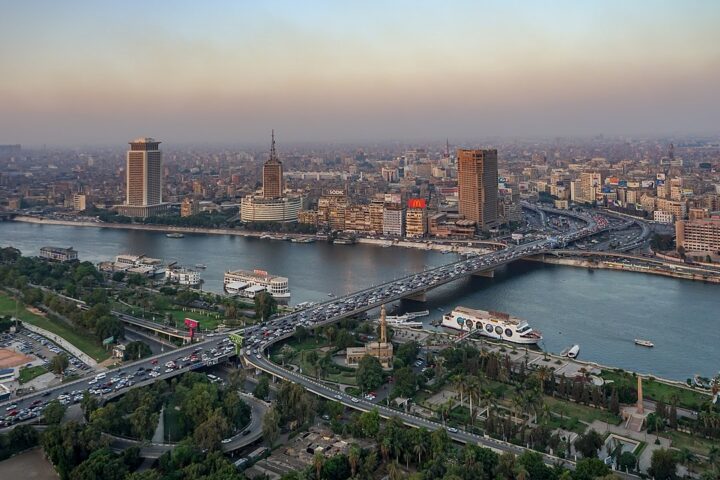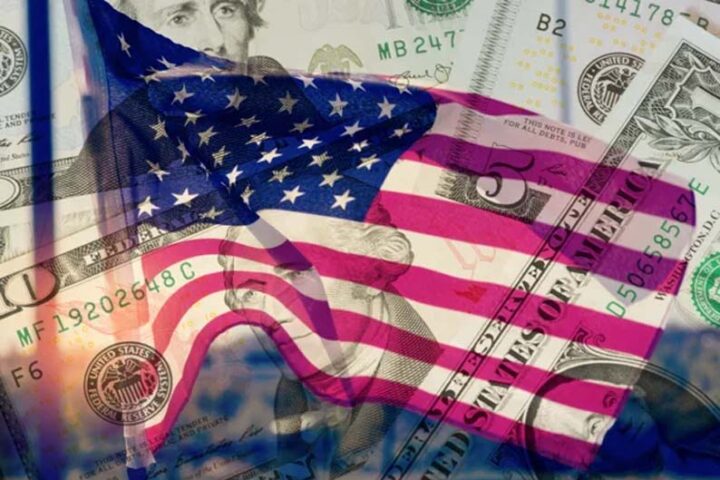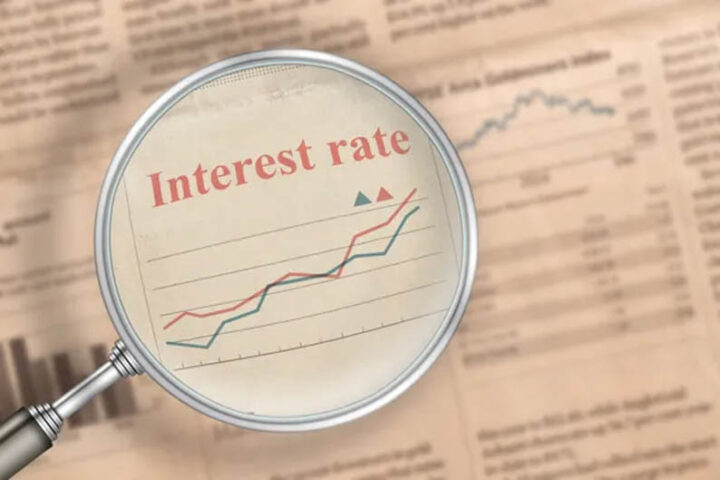Turkiye President Recep Tayyip Erdoğan’s re-election will likely lead to a continuation of unorthodox economic policies and the central bank’s (CBRT) extraordinarily loose monetary policy, argues Moody’s analysis.
The policy stance has been highly detrimental to the central bank’s credibility, deterred foreign capital inflows, pressured the exchange rate and required the authorities to turn to more coercive measures to contain domestic demand for foreign currency.
Ahead of the elections, the government loosened fiscal policy to shield voters from the full effect of high inflation, at the cost of weakening one of the sovereign’s remaining key credit strengths.
“The expansionary policy also risks entrenching high inflation, which puts pressure on the lira and the external position, fueling inflation further,” said Moody’s.
In Q1 2023, Turkiye posted a current-account deficit of $23.6 bln (2.4% of GDP), a third higher than in Q1 2022 despite a significant increase in tourism revenues.
“We estimate the 2023 external deficit will reach around $45 bln (4.7% of GDP), slightly lower than in 2022 as the energy balance improves because of lower energy prices and tourism revenues remain strong.
“Foreign-currency reserves are low, limiting the central bank’s ability to stabilise the lira.”
Over the past several weeks, reserves have trended lower, at just $51.3 bln as of 18 May, or about $24 bln lower than at the start of the year.
“In net terms (excluding bank reserve requirements and swaps between the CBRT and domestic banks), reserves are at their weakest level since late 2022.
“We consider the current policy mix unsustainable over the longer term unless so-called friendly governments continue to provide financing to cover Turkiye’s large current-account deficit and bolster the CBRT’s foreign-currency reserves.”
In 2022, it was estimated that inflows from friendly foreign governments were around $15 bln (1.7% of GDP).
This year, only Saudi Arabia publicly announced financial support: a $5 bln deposit with the CBRT.
“Overall net errors and omissions (i.e., inflows that cannot be attributed to specific financing items in the balance of payments) amounted to a very substantial $25.5 bln last year, covering half of the current-account deficit.
“Such large errors and omissions could mask attempts by economic agents to avoid restrictions on capital flows, another indicator of the unsustainable nature of Turkiye’s policy settings.”
In the coming months, Moody’s expects the authorities will be able to maintain a sense of stability.
“Over the summer months, the currency often benefits from increased tourism-related inflows, and this year there will be additional inflows related to aid following the February earthquake.
“The deposit-protection scheme incentivising domestic savers to switch to lira (at the expense of raising contingent liability risks for the sovereign) will almost certainly be maintained.
“New regulatory measures to restrict domestic demand for hard currency and limit capital outflows would not be surprising.
“Fiscal policy will continue to be used to support household consumption and economic growth.”
The central government budget deficit soared to TRY382 bln (1.7% of GDP) in the first four months of 2023, from TRY19 billion (0.1% of GDP) over the same period a year ago.
Currency crisis
“We expect the 2023 budget deficit to reach 6% of GDP, up from 2.9% in 2022, although stronger-than-expected nominal GDP growth would help keep the deficit lower.
“Maintaining a relatively stable currency and strong economic growth will be a political imperative ahead of municipal elections scheduled for May 2024.
“However, maintaining the current policy mix increases the risk of another currency crisis, similar to those in 2018 and 2021.
“It could be triggered by domestic savers’ renewed preference for hard currency should inflation start to trend higher again.
Moody’s believes inflation will remain close to 50% through year-end.
Given the low foreign-currency reserve levels, the authorities might have no choice but to hike interest rates.
“Financing conditions are tighter than suggested by the headline interest rate of 8.5%, but deposit and lending rates are still deeply negative in real terms.
“We expect any policy reversal to be short-lived, similar to early 2021, and Turkiye’s long-standing credit vulnerabilities to persist.”
The government’s relatively low debt burden and moderate external refinancing needs for the remainder of the year limit sovereign default risks.
“Moreover, banks and corporates – the main borrowers abroad – have been able to roll over maturing debt during previous periods of stress and have well-hedged foreign-currency positions, which provides a cushion against future episodes of stress.
“However, a sustained deterioration of the external balance that further erodes foreign-currency reserves would put negative pressure on the rating.”
It said expectations that government debt would rise materially with a related deterioration in debt affordability would erode one of Turkiye’s last remaining key credit strengths and put additional pressure on the B3 rating.










